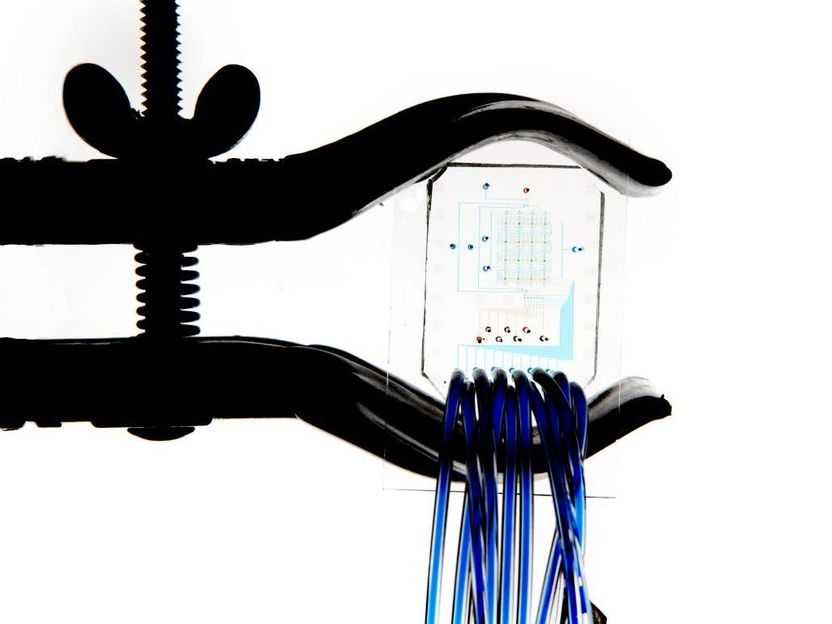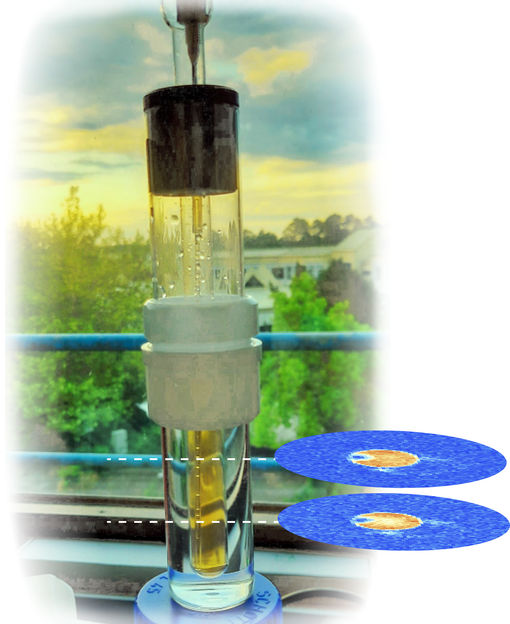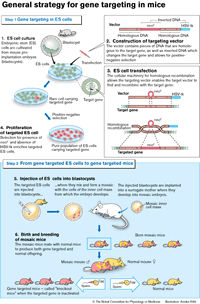Granada-based scientists make the first artificial cornea model using rabbit stem cells
Scientists of the research group called 'Ingeniería Tisular' of the University of Granada have made the first artificial cornea model using stem cells of rabbit's sclerocorneal limbus. This result is a great advance due to the shortage of donors of this transparent epithelium located in the anterior segment of the eyeball that refracts the incoming light onto the retina. Moreover, these artificial corneas can be a tool for in vitro research into medicine permeability.
Experts have obtained a complete replacement of the cornea using cell cultures and different tissue-engineering protocols. In order to do so, they have used small biopsies of sclerocorneal limbus taken from rabbits' eyeball. Scientists separate the existing stem cells and isolate them. They also prepare a support with different components including polymers to reconstruct the cornea layers.
Scientists admit that more time is still necessary before these corneas can be applied to humans. However, in their effort to make artificial tissues with a therapeutical use they are expanding their research scope so as to obtain artificial mouth mucous membranes. In the case of this material, highly demanded for odontological and maxilofacial surgery, a similar methodology consisting of biopsies of the mouth is being used.
The tissues obtained pass strict viability tests, that is, quality controls which certify that constructs will not degenerate in the future. In order to do so, experts put the new biological materials to analytic electronic microscopy and genetic analysis tests.
In order to develop their research work, experts of the Histology Department of the University of Granada are closely working with the Ophthalmology services of the Granada hospitals Virgen de las Nieves and San Cecilio, as well the Maxilofacial Surgery service, the Regional blood transfusion centre, and the Bank of tissues.
Topics
Organizations
Other news from the department science
These products might interest you

Hydrosart® Ultrafilter by Sartorius
Efficient ultrafiltration for biotech and pharma
Maximum flow rates and minimum protein loss with Hydrosart® membranes

Hydrosart® Microfilter by Sartorius
Hydrophilic microfilters for bioprocesses
Minimal protein adsorption and high flow rates

Sartopore® Platinum by Sartorius
Efficient filtration with minimal protein adsorption
Reduces rinsing volume by 95 % and offers 1 m² filtration area per 10"

Polyethersulfone Ultrafilter by Sartorius
Reliable filtration with PESU membranes
Perfect for biotechnology and pharmaceuticals, withstands sterilisation and high temperatures

Polyethersulfone Microfilter by Sartorius
Biotechnological filtration made easy
Highly stable 0.1 µm PESU membranes for maximum efficiency

Sartobind® Rapid A by Sartorius
Efficient chromatography with disposable membranes
Increase productivity and reduce costs with fast cycle times

Get the life science industry in your inbox
By submitting this form you agree that LUMITOS AG will send you the newsletter(s) selected above by email. Your data will not be passed on to third parties. Your data will be stored and processed in accordance with our data protection regulations. LUMITOS may contact you by email for the purpose of advertising or market and opinion surveys. You can revoke your consent at any time without giving reasons to LUMITOS AG, Ernst-Augustin-Str. 2, 12489 Berlin, Germany or by e-mail at revoke@lumitos.com with effect for the future. In addition, each email contains a link to unsubscribe from the corresponding newsletter.
More news from our other portals
Last viewed contents
Victorian_Students'_Aid_Program_(VSAP)
Thomas_Parran,_Jr.
Structured_settlement
Extrapyramidal_system

A portable device for rapid and highly sensitive diagnostics
Basic_beryllium_acetate
HIV_test





















































